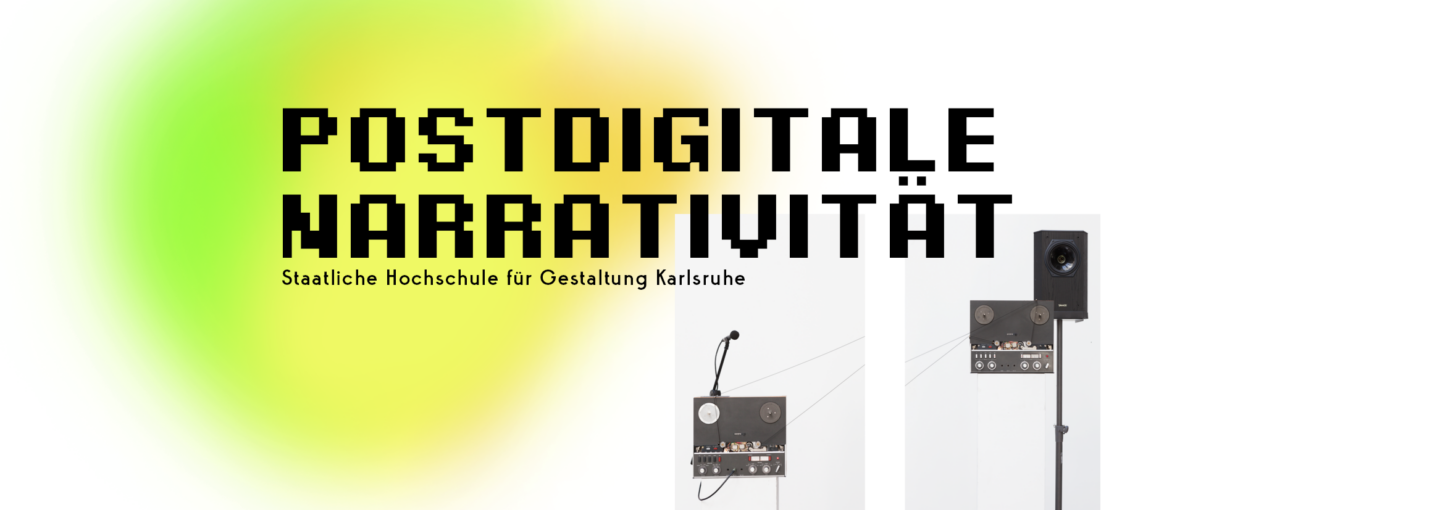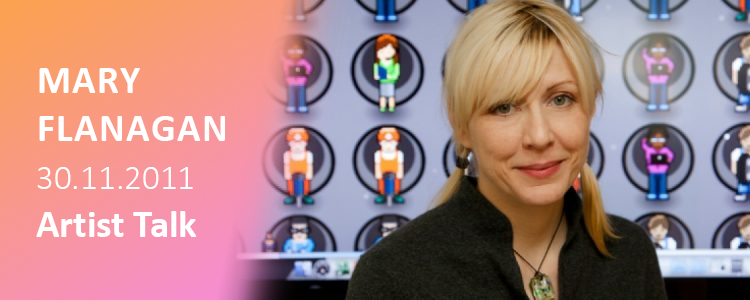11. Februar | 18 Uhr
Vít Havránek spricht über den verstorbenen Konzeptkünstler
In seinem Vortrag „Ján Mančuška and vernacular narration in the age of global“ betrachtet der Prager Theoretiker und Kurator das Leben und Werk des vielseitigen Künstlers Mančuška, der mit Malerei, Zeichnungen, Videoinstallationen, aber auch mit Theater- und Filmproduktionen sowie mit literarischen Arbeiten von sich reden machte. Der Vortrag über den im Jahre 2011 verstorbenen Künstler findet auf der Lichtbrücke im 1. OG in englischer Sprache statt.
Der Eintritt ist frei.
Die frühen Werke von Jan Mančuška – geboren in Bratislava – re-formulierten die Ästhetik des Alltags und beschäftigten sich mit den Strategien der sozialen Identifikation in ständigem Bezug zu tschechoslowakischen Konzeptkünstlern der 1970er Jahre. Mit zunehmend internationaler Rezeption zeichneten sich zwei charakteristische Richtungen innerhalb seines Schaffens ab: Zum einen beschäftigte sich der mit dem Jindrich-Chalupecky-Preis 2004 ausgezeichnete Künstler mit der Frage, welche Rolle die Sprache innerhalb der Konstruktion bzw. Herstellung von Bedeutung spielt – zum anderen interessierte er sich mehr und mehr für das Erzählen von existentiellen, aber trotz allem volkstümlichen Geschichten. Die Verbindungen zwischen diesen beiden Positionen war für Mančuška der Nährboden seiner politischen und sozialen Standpunkte. Der Austausch zwischen der Künstlichkeit der Sprache einerseits und der vorbelasteten Natur einer Geschichte andererseits wurden zum charakteristischen Aspekt seiner Arbeit. Zuletzt entwickelte er vermehrt Methoden der Dekonstruktion, Decoupage und einer fragmentierten Erzählweise in Film und Video.
Das vielfältige Werk von Mančuška bietet die ideale Grundlage für eine breitaufgestellte Reflexion über den „epistemological turn“ sowie über die Bedeutung und Übertragung volkstümlicher und internationaler Narrative.
Jan Mančuška war mit seinen Werken auf der Biennale in Venedig sowie in renommierten Museen in Basel, Amsterdam und New York zu sehen.







